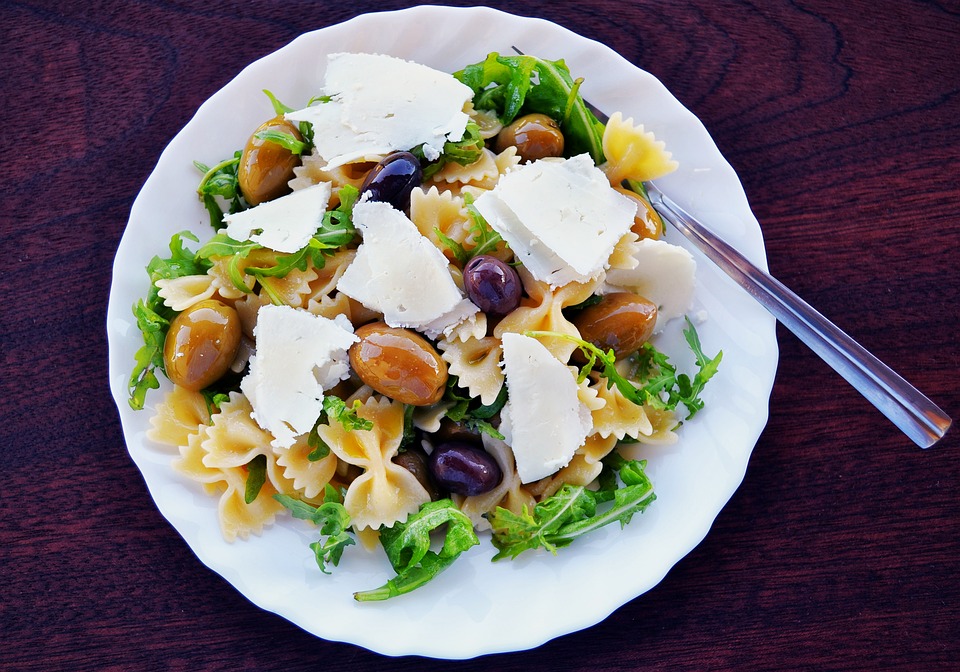Pollica cradle of the Mediterranean Diet
GRAND TOUR BLOG | 28 June 2019

Pollica cradle of the Mediterranean Diet

The Mediterranean diet has its origins from the received culture, Traditionally, the Magna Grecia. It is no coincidence that Cilento, mostly, They have inherited the culture of the ancient Greek city: Paestum ed Elea. Pollica is the cradle of the Mediterranean diet, where in the seaside village of Pioppi stayed, He lived and studied the 'American epidemiologist, Ancel Keys, described by him for the first time, during his stay in Cilento, coining the term "Mediterranean Diet" in the 60s.

L 'importance of this diet with its beneficial effects have been documented and proven by science, just from the last century. Thanks to Ancel Keys have appreciated and valued The Mediterranean diet has become the 2010 UNESCO heritage.
This diet, as the 'etymology explains, It is understood precisely as a way of life. For Greeks diaita it meant "rule of life"Alluding not only to a food model, but fruitful also refer to a lifestyle conducive to well-being. In short, a way of life beautiful and good.
Pollica: slow city
The Pollica participates in the international movement Cittaslow (link to the Constitutive Charter of the Slow Cities), the "City of Good Living", founded in 1999 and inspired by the Slow Food principles. Living slow It tends to create a new humanism of being and living in places. It is a new concept of living, of produce, of consuming, tell the outside experiences, values, the wisdom, the art and science of small towns, land considered marginal, of the world's provinces and suburbs that, thanks to the Net, They are the center.
The Pollica adheres to the Slow Cities network with its products, themselves Slow Food, such as anchovies and menaica cacioricotta of Cilento goat; taking part in the Cittaslow Dinner Music and Markets del Gusto in Orvieto; with local initiatives such as "The Port of Flavors to Acciaroli; with its own cradle authenticity of the Mediterranean Diet.

Longevity and health
Several studies show that proper nutrition, in terms of quantity and quality, along with a regular exercise of non-competitive type represent the basis for good health at any age.
However, Whereas the nutritional needs and physical activity is profoundly changing during the course of life, feeding programs and exercise plan must fit the age of the subjects and their real psychological and physical conditions.
In elderly subjects an unbalanced diet and lack of physical activity accelerate the decline of their health, predisposing to disease also strict and unfavorable prognosis.
Thanks to a collaboration between researchers at the University of San Diego in California, and the University of Rome La Sapienza, They have come together to know the secret of Acciaroli, home to an impressive number of ultra-centenarians and a low incidence of heart disease and Alzheimer's disease.



